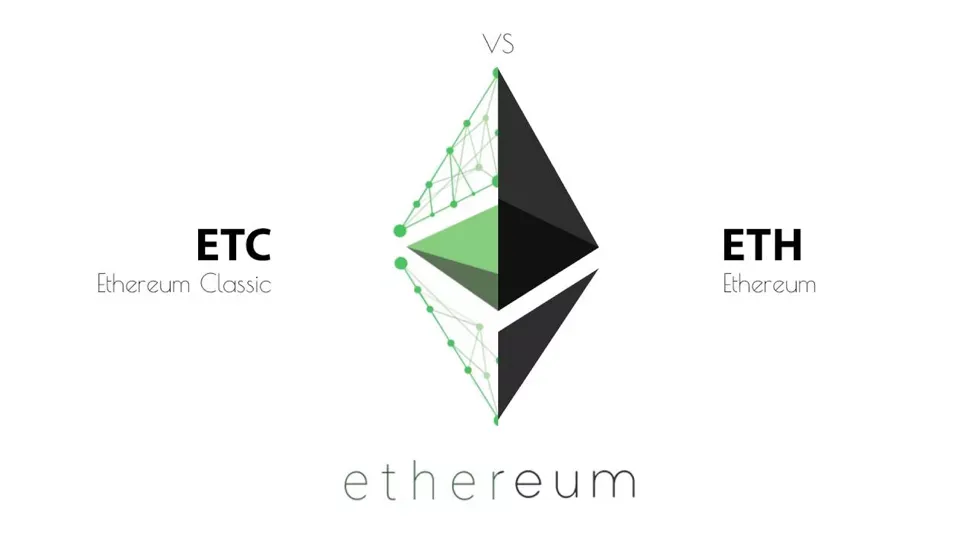
The hard fork of Ethereum is approaching and many have already questioned the details and news of the awaited update.
The latter will see the light within a few days, but users will not perceive substantial differences because it will take place on the internal ETH network. To use the words of the team, it will be fundamental but at the same time difficult to understand.
Constantinople , this is the name of the hard fork of Ethereum, will take place precisely at the 7.080.000 block which will probably be undermined next 19 January even if Binance, the platform that is supporting the operation, has estimated a wider time interval between on the 14th and 18th of the month.
Constantinople: what you need to know about the hard fork of Ethereum
The Constantinople hard fork should have been finalized on August 13th, then tested for two months and finally released during the second half of October. However, the operations were postponed until January 2019 due to some problems encountered during the test phase.
The difficulties faced by the team of developers have certainly weighed on the listing of Ethereum that, exactly as happened to the rest of the sector, has burned large land in 2018. The recovery of ETHUSD observed in recent days may depend on the next hard fork.
When the block number 7.080.000 is extracted from the Ethereum blockchain, the community will assist in upgrading the network. The Constantinople hard fork will make the transition from the current PoW (Proof of Work) to the PoS (Proof of Stake) protocol less abrupt . The transition will represent a fundamental change in the consensus and could determine the fate of the Ethereum network.
With the current PoW protocol, the miners solve complex mathematical problems in exchange for a reward (a cryptocurrency unit). This system has been criticized several times as wasteful in terms of energy and above all guilty of concentrating power in the hands of only large and strong minerals.
The Ethereum hard fork will make the transition to the PoS protocol softer , with which it will be possible to reduce not only the costs but also the expenditure of energy. It will also allow you to work more efficiently with the scalability of the network.
Constantinople will enclose 5 Ethereum Improvement Proposal (EIP) ; each of the following proposals will aim to mitigate the protocol change:
EIP 145 : greater efficiency in processing information (bitwise shifting);
EIP 1052 : optimization during execution of heavy codes;
EIP 1283 : aimed at smart contract, introduces a new and fairer method to determine prices for data storage;
EIP 1014 : developed by Vitalik Buterin aims to implement new scaling solutions as well as "off-chain" transactions;
EIP 1234 : reduces the reward of minerals from 3 ETH to 2 ETH per block.